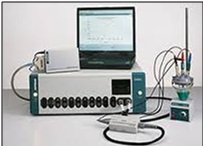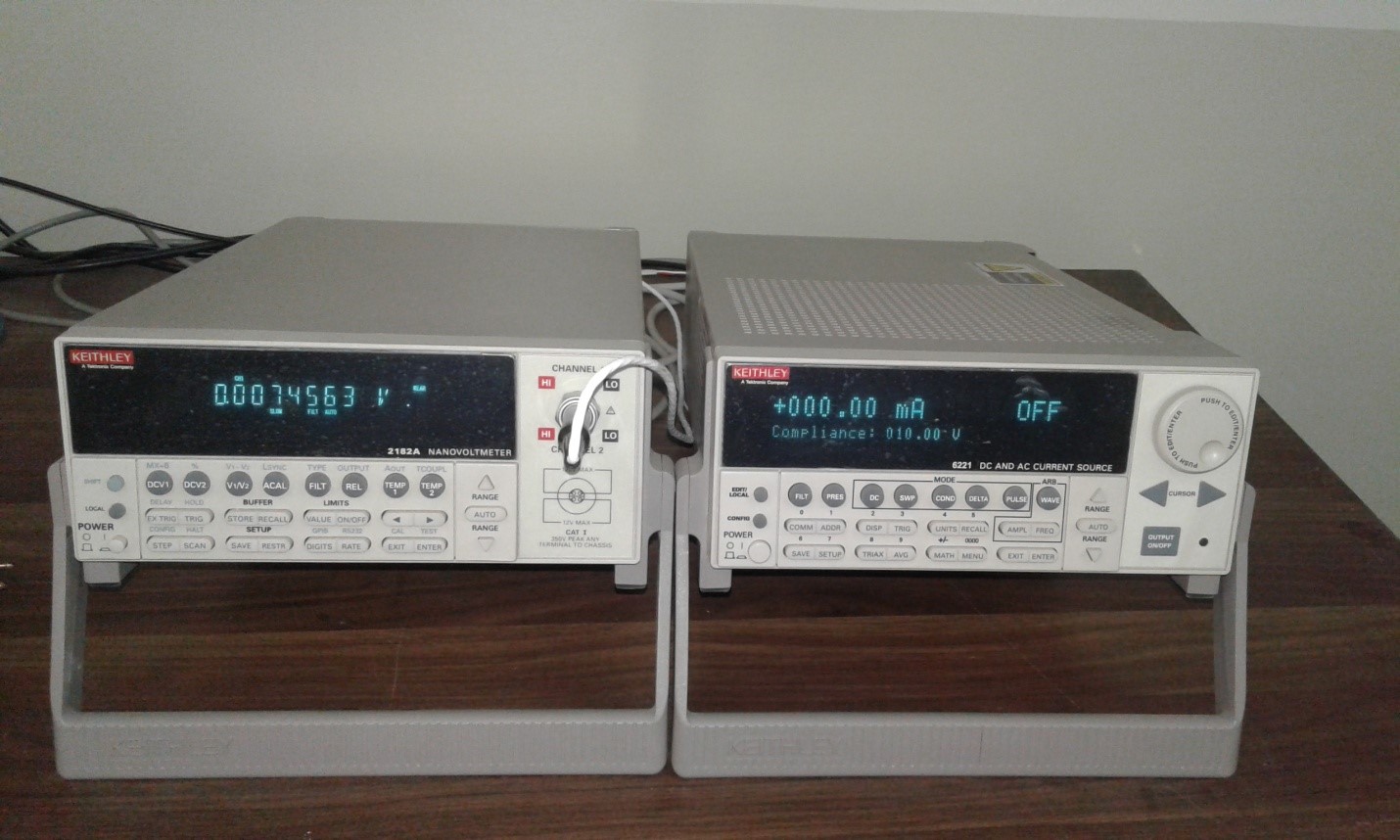Nano-Composite lab
Department of Physics has established nanocomposite lab for the graduate students, where students will conduct their final year research. In this lab we have few instruments for the characterization of nanomaterials.
Lab is equipped with the following instruments:
Expert Design Software
We can not only screen for vital factors, but also locate ideal process settings for top performance and discover optimal product formulations.

- Potentiostat/Galvanostat:
The Autolab PGSTAT provides the scientist with all the electrochemical methods of interest for surface science. Potentiostatic and galvanostatic control allow the researchers to accurately control the reactions taking place at the electrochemical interface as well as the rate of these reaction and the quantity of material involved. Using these methods, the composition, roughness, and structure and growth mode of deposited materials can be controlled.

- Four Probe IV Measurement System:
The most common way of measuring the resistivity of a conducting material is by using a four-point collinear probe. This technique involves bringing four equally spaced probes in contact with a material of unknown resistance. The two outer probes are used for sourcing current and the two inner probes are used for measuring the resulting voltage drop across the surface of the sample.

The EMS 7620 is a compact, low cost SEM sputter coater
that comes complete with a glow discharge option as astandard.
